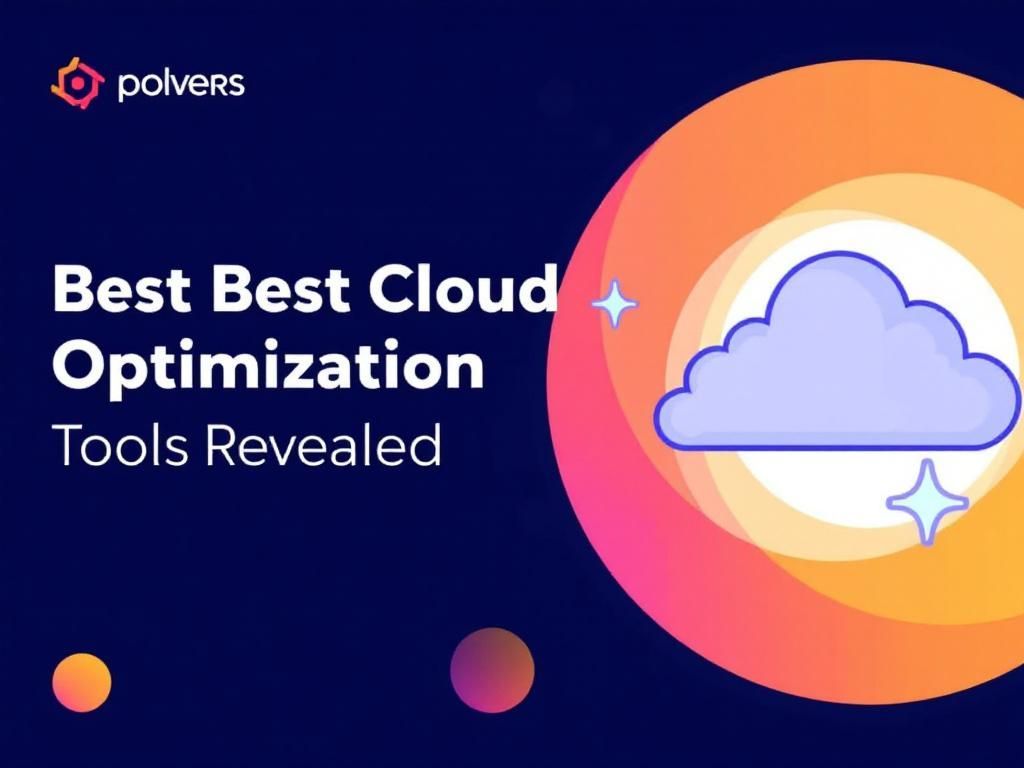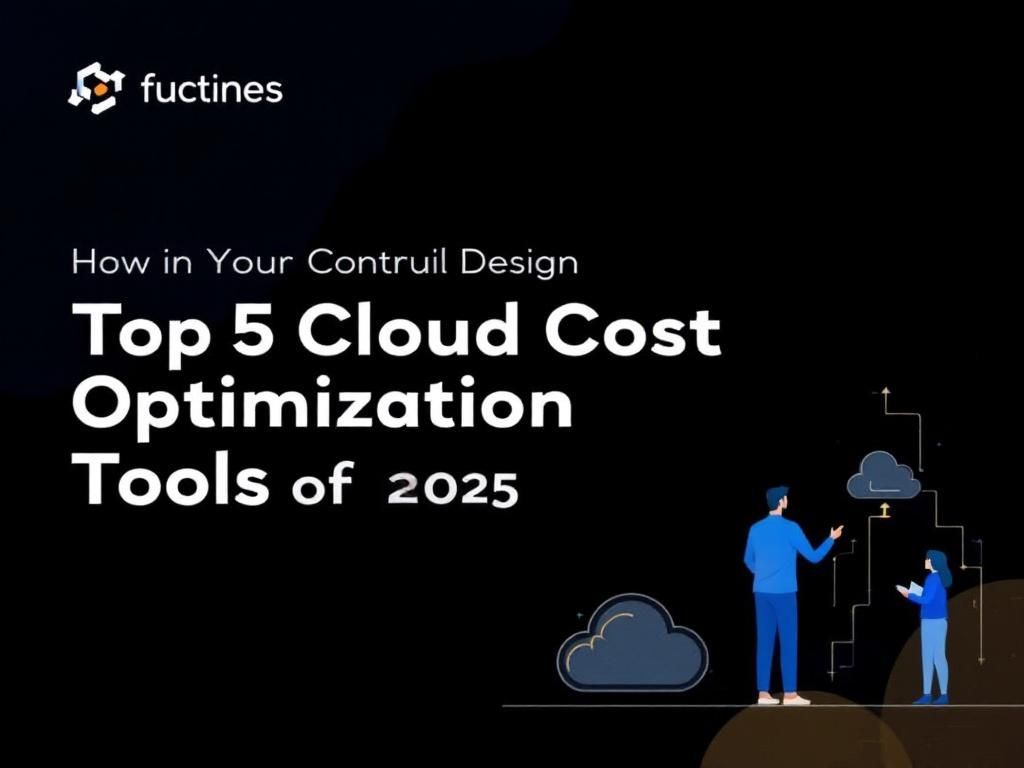Top Private Cloud Deployment Services for 2025
Explore the leading private cloud deployment services of 2025 to enhance your business's infrastructure and scalability needs.

As organizations increasingly pivot towards digital transformation, the demand for private cloud deployment services has surged. These services provide businesses with tailored infrastructure solutions that ensure enhanced performance, security, and scalability. In 2025, a host of providers are making waves in the industry, offering innovative solutions that cater to a diverse range of business needs. This article explores the top private cloud deployment services of 2025, highlighting their features, advantages, and how they can empower businesses to achieve their strategic objectives.
Table of Contents
Understanding Private Cloud Deployment
A private cloud is a dedicated cloud infrastructure that is exclusively used by a single organization. This setup allows for greater control over data, increased security, and the ability to customize resources according to specific business needs. Unlike public clouds, which share resources among multiple tenants, private clouds offer a unique environment tailored for a single entity.
Key Characteristics of Private Cloud
- Dedicated Resources: All resources are dedicated to one organization, ensuring maximum performance.
- Enhanced Security: With exclusive use, businesses can impose tighter security protocols.
- Customization: Organizations can tailor their cloud environment to meet specific requirements.
- Compliance: Easier adherence to regulatory standards, making it ideal for industries with strict data governance.
Top Private Cloud Providers in 2025
As we delve into the top private cloud deployment services of 2025, it’s essential to consider factors such as scalability, flexibility, performance, and customer support. Below is a curated list of the leading providers:
1. AWS Outposts
Amazon Web Services (AWS) has solidified its standing as a leader in cloud services. AWS Outposts delivers a fully managed service that extends AWS infrastructure, services, APIs, and tools to virtually any on-premises facility.
Features:
- Seamless integration with AWS services.
- Consistent hybrid cloud experience.
- Automated management and monitoring tools.
Advantages:
- High availability and reliability.
- Efficient use of existing infrastructure.
- Ability to run applications with low latency.
2. Microsoft Azure Stack
Microsoft’s Azure Stack allows businesses to deliver Azure services from their own data centers. This hybrid solution empowers organizations to run applications in an on-premises environment while still benefiting from the Azure cloud.
Features:
- Compatible with existing Azure services.
- Flexible deployment options (IaaS and PaaS).
- Integrated management tools for monitoring and security.
Advantages:
- Unified development experience.
- Support for multiple programming languages.
- Strong enterprise compliance capabilities.
3. VMware Cloud Foundation
VMware Cloud Foundation is a comprehensive software-defined data center platform that integrates VMware’s virtualization technology, providing a complete cloud infrastructure stack.
Features:
- Integrated compute, storage, networking, and management.
- Support for both hybrid and private clouds.
- Robust automation capabilities.
Advantages:
- Streamlined operations through automation.
- Interoperability with existing VMware environments.
- Enhanced performance optimization.
4. IBM Cloud Private
IBM Cloud Private offers a platform for building and managing private clouds on a company’s premises. It supports both traditional and cloud-native applications, making it a versatile option for various business needs.
Features:
- Container orchestration with Kubernetes.
- Integrated monitoring and logging.
- Support for various development frameworks.
Advantages:
- Enhanced agility for developers.
- Seamless integration with IBM Cloud services.
- Strong focus on enterprise security and compliance.
5. Oracle Cloud Infrastructure
Oracle Cloud Infrastructure (OCI) is designed for enterprise operations, providing a highly secure, reliable environment for critical business applications.
Features:
- High-performance computing capabilities.
- Integrated networking and security features.
- Advanced analytics and machine learning services.
Advantages:
- Reliable performance for mission-critical applications.
- Flexible pricing models suited for businesses of all sizes.
- Strong support for database services.
Factors to Consider When Choosing a Private Cloud Service
When selecting a private cloud service, organizations must evaluate several critical factors to ensure that they choose the right provider for their specific needs:
1. Scalability
Evaluate whether the provider can easily scale resources up or down based on your business demands.
2. Security and Compliance
Investigate the security measures in place and whether the provider adheres to industry compliance standards relevant to your organization.
3. Support and Maintenance
Consider the level of customer support available, including response times and technical assistance options.
4. Cost
Examine the pricing structure and determine if it aligns with your budget, keeping in mind additional costs for scaling or specific features.
5. Integration
Assess how well the private cloud integrates with your existing IT infrastructure and other tools.
Conclusion
As the business landscape continues to evolve, the importance of leveraging private cloud deployment services cannot be overstated. The leading providers of 2025 are committed to enhancing performance, security, and flexibility, which are paramount for modern enterprises. By carefully evaluating providers based on scalability, security, support, and other essential factors, organizations can make informed decisions that align with their strategic goals. In an era where data is king, investing in the right cloud infrastructure is not just a technological choice, but a business imperative.
FAQ
What are the benefits of using private cloud deployment services?
Private cloud deployment services offer enhanced security, greater control over data, and customizable infrastructure tailored to specific business needs.
How do I choose the right private cloud deployment service for my business?
To choose the right service, assess your business requirements, budget, compliance needs, and evaluate provider performance and customer support.
What are the leading private cloud deployment services of 2025?
Some of the top private cloud deployment services of 2025 include VMware Cloud, Microsoft Azure Stack, and OpenStack-based solutions.
Can I integrate existing IT infrastructure with private cloud services?
Yes, many private cloud deployment services offer integration capabilities with existing IT infrastructure, allowing for a hybrid cloud approach.
What security measures should I look for in a private cloud service?
Look for features like data encryption, access controls, compliance certifications, and regular security audits when selecting a private cloud service.
How scalable are private cloud deployment services?
Private cloud deployment services are highly scalable, allowing businesses to easily adjust resources as their needs evolve.








